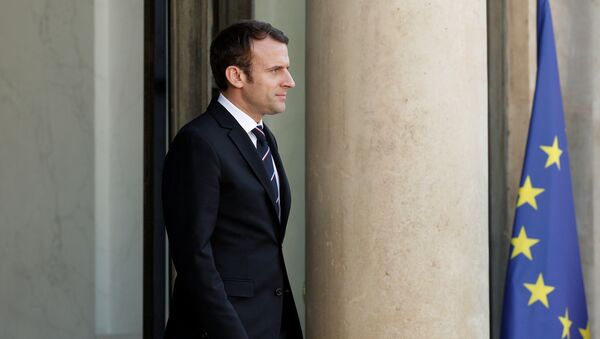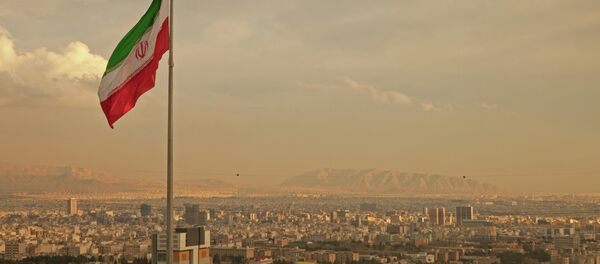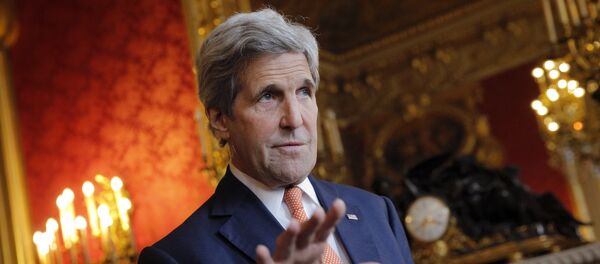"The stance of the French government is similar to the position of other European countries that consider this deal very important. This position has been made clear to Washington," Coville said in an interview with Sputnik France.
French President Emmanuel Macron has recently spoken about his stance on the Iranian deal in an interview with channel TF1.
"I hope that we will stay within the framework of this agreement, and President Rouhani has also pledged to stay. Europe and the other negotiators will stay because we have better control over the situation and my goal is the security of the French people. At the necessary time, I’ll be there to have exigent dialogue with Iran. We might have differences but they should not be unresolvable," he said Sunday.
Commenting on the future of the agreement, the French president stressed that Washington’s policy towards Iran "will not put an end to the Iranian nuclear accord and that together all the parties in France and its European partners will continue to meet their commitments."
According to Coville, the approach embraced by Macron complies with the policy of rapprochement between Paris and Tehran, which began under his predecessor, Francois Hollande. While some French media outlets portray Macron as a mediator between the US and Iran the analyst pointed out that the current crisis creates an opportunity for Europe’s foreign policy to distant itself from American diplomacy.
"Of course, the role of a mediator would be good … but I believe that the European Union first of all should have a foreign policy that is independent from the US. This crisis is the moment of truth for European diplomacy," Coville said.
Coville, however, stressed that it is hardly possible to further improve the agreement which was the result of "extremely difficult negotiations and concessions made by all of the parties involved." He also criticized Trump’s approach to Iran as counterproductive.
"With his anti-Iranian rhetoric, Trump fuels tensions and inspires anti-American movements in Iran. It is hard to image how his rhetoric could be constructive for the nuclear deal and the future of US-Iran relations," the political analyst concluded.
On July 14, 2015, Iran and the P5+1 group of countries, comprising the US, Russia, China, France and the United Kingdom plus Germany, signed the Iranian nuclear deal, also known as the Joint Comprehensive Plan of Action (JCPOA).
The deal came into force in January 2016, and provides for the gradual lifting of economic and diplomatic sanctions imposed on Tehran by Western countries in exchange for closing Iran's nuclear program.



